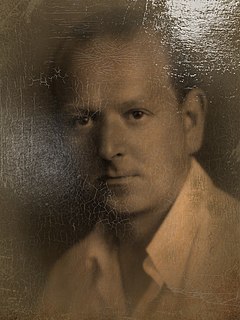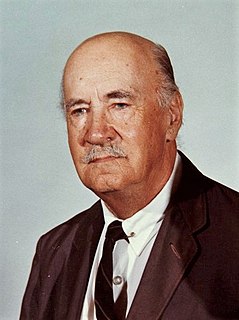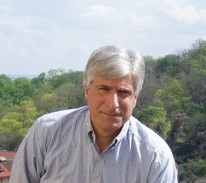A Quote by Alfred North Whitehead
The vastest knowledge of today cannot transcend the buddhi of the Rishis in ancient India; and science in its most advanced stage now is closer to Vedanta than ever before.
Related Quotes
In physical science a first essential step in the direction of learning any subject is to find principles of numerical reckoning and practicable methods for measuring some quality connected with it. I often say that when you can measure what you are speaking about, and express it in numbers, you know something about it; but when you cannot measure it, when you cannot express it in numbers, your knowledge is of a meagre and unsatisfactory kind; it may be the beginning of knowledge, but you have scarcely in your thoughts advanced to the stage of science, whatever the matter may be.
Love is a chemical reaction, but it cannot be fully understood or defined by science. And though a body cannot exist without a soul, it too cannot be fully understood or defined by science. Love is the most powerful form of energy, but science cannot decipher its elements. Yet the best cure for a sick soul is love, but even the most advanced physician cannot prescribe it as medicine.
The Socratic maxim that the recognition of our ignorance is the beginning of wisdom has profound significance for our understanding of society. Most of the advantages of social life, especially in the more advanced forms that we call "civilization" rest on the fact that the individual benefits from more knowledge than he is aware of. It might be said that civilization begins when the individual in the pursuit of his ends can make use of more knowledge than he has himself acquired and when he can transcend the boundaries of his ignorance by profiting from knowledge he does not himself possess.
This is the ancient land, where wisdom made its home before it went into any other country... Here is the same India whose soil has been trodden by the feet of the greatest sages that ever lived... Look back, therefore, as far as you can, drink deep of the eternal fountains that are behind, and after that look forward, march forward, and make India brighter, greater, much higher, than she ever was.
The basic aggregate measure of gearing or leverage is telling us that today's advanced economies' operating systems are more heavily dependent on private sector credit than anything we have ever seen before. Furthermore, this pattern is seen across all the advanced economies, and isn't just a feature of some special subset (e.g. the Anglo-Saxons).
Although the formulations of science now offer the most advanced knowledge of nature, men continue to use obsolete forms of thought long discarded by scientific theory. In so far as these obsolete forms are superfluous for science, the fact that they persist violated the principle of the economy of thought, that characteristic trait of the bourgeois temper.
When I wrote 'The Alexandria Link,' I discovered that we are only aware of about 10 percent of the knowledge of the ancient world. In the ancient world, most of the knowledge was destroyed. Every emperor of China who came in wiped out everything that came before them, to the point that the country completely forgot its past.
This missing science of heredity, this unworked mine of knowledge on the borderland of biology and anthropology, which for all practical purposes is as unworked now as it was in the days of Plato, is, in simple truth, ten times more important to humanity than all the chemistry and physics, all the technical and indsutrial science that ever has been or ever will be discovered.
The rishis of old attained the Knowledge of Brahman. One cannot have this so long as there is the slightest trace of worldliness. How hard the rishis laboured ! Early in the morning they would go away from the hermitage, and would spend the whole day in solitude, meditating on Brahman. At night they would return to the hermitage and eat a little fruit or roots. They kept their mind aloof from the objects of sight, hearing, touch, and other things of a worldly nature. Only thus did they realize Brahman as their own inner conciousness.
We now live in a world where the most valuable skill you can sell is knowledge. Revolutions in technology and communication have created an entire economy of high-tech, high-wage jobs that can be located anywhere there's an internet connection. And today, a child in Chicago is not only competing for jobs with one in Boston, but thousands more in Bangalore and Beijing who are being educated longer and better than ever before.
The earth has enough knowledge and resources to eradicate this ancient scourge. Hunger has plagued the world for thousands of years. But ending it is a greater moral imperative now than ever before, because for the first time humanity has the instruments at hand to defeat this cruel enemy at a very reasonable cost. We have the ability to provide food for all within the next three decades.







































